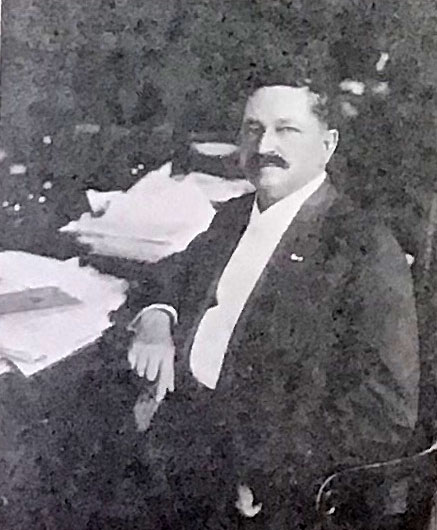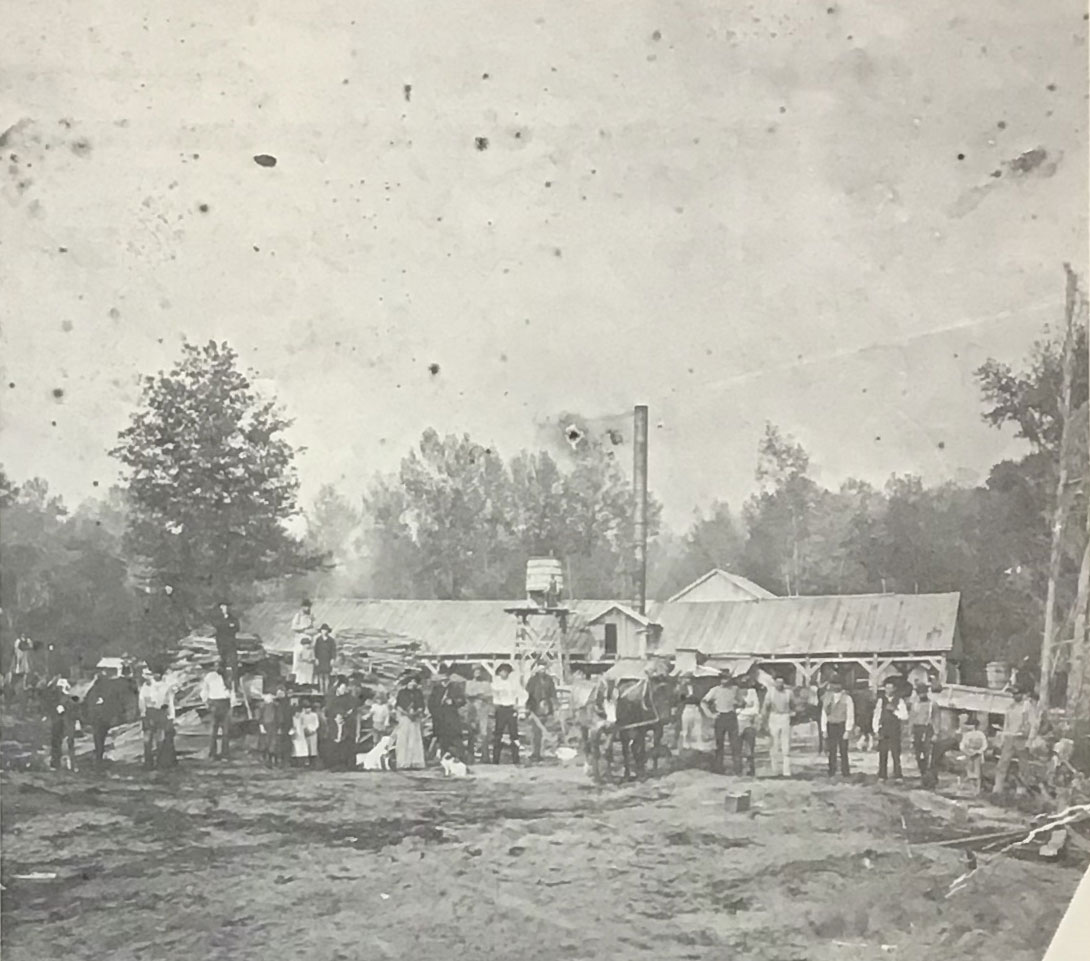By Wes Rhodes, Staff Writer
Gustave Joseph de La Barre, or “Gus,” as people called him, was born in 1864, and is considered the patriarch of Grand Bayou according to De La Barre: Life of a French Creole Family in Louisiana. The De la Barre family text says that Gus was a natural leader who could rally men into a business opportunity while joining them in partnership. Gus, the man who helped build Grand Bayou, adhered to the “living” principle. The principle stated that a “living” is not measured in money, but instead is measured in the way a man earns a livelihood, in harmony with family, life and needs.
Gus spent his childhood traveling between Assumption Parish and New Orleans before his family settled in Assumption Parish at the age of 9. He did not receive much schooling, but this was not uncommon in the mid to late 1800s. As Gus grew into his teenage years, he taught himself how to read.
In the 1880s, the lumber industry began to boom across the country, but especially in Louisiana. According to the Historic Context of the Louisiana Lumber Boom, in 1880 Louisiana was ranked 13th in the United States for the dollar value of its timber product. By 1900, the state was ranked 10th in the nation. The resurgence of the lumber industry prompted Gus, along with his brother Nelson, to start the Louisa Saw Mill in 1887. The De La Barre family text says that in 1891 the Louisa Saw Mill was bringing in enough income for the brothers to purchase a large piece of land to collect cypress tree lumber to haul back to the mill.
By 1898, the Assumption Pioneer referred to Gus as, “Gus J. La Barre, the Grand Bayou sawmill king.” This was just the beginning for Gus’s claim to local fame, as he soon followed these accolades up by founding the settlement of Grand Bayou.
Early residents of Grand Bayou consisted mostly of the sawmill workers and their families, but there was little in place for leisure. In 1905, Gus requested help from a business associate, Ulysse Hebert, to help create the first establishments in Grand Bayou, including the settlement’s first store.
Jerry Rousseau, the grandson of Hebert, says his grandfather’s store was a one-stop shop that residents could go to and get almost anything they needed.
“He sold anything and everything at his store,” Rousseau says. “He sold groceries. He sold clothes. He even sold literal iceboxes because back in those days they didn’t have refrigerators.”
Hebert then built a dance hall, a casino and a moss gin. According to the De La Barre family text, by 1923 the small town added a bank, a school for children to attend grades one through four and a church, all which Gus de La Barre helped build and fund. Gus died in 1925, but left behind a community.



